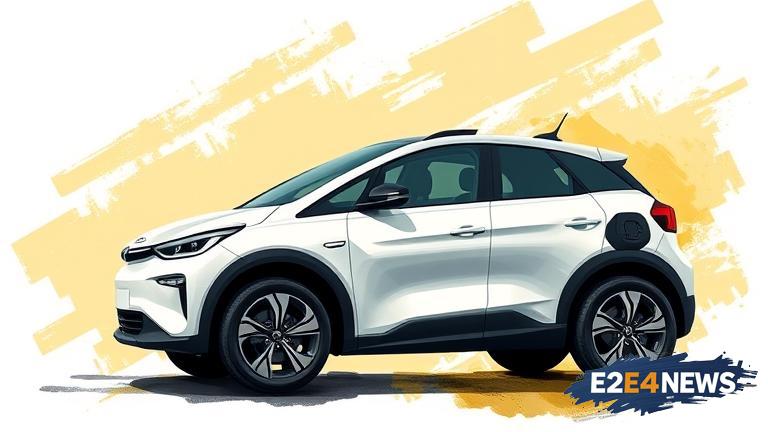The Indian government has announced a comprehensive plan to promote the adoption of electric vehicles (EVs) in the country. The plan includes a range of incentives and initiatives to encourage the use of EVs, including tax exemptions, subsidies, and investment in charging infrastructure. The government has set a target of having at least 30% of new vehicle sales be electric by 2030. To achieve this goal, the government will provide subsidies to manufacturers of EVs and components, as well as to buyers of EVs. The subsidies will be in the form of tax exemptions and discounts on the purchase price of EVs. Additionally, the government will invest in the development of charging infrastructure, including the installation of charging stations along highways and in urban areas. The plan also includes measures to promote the use of EVs in public transportation, such as buses and taxis. The government will provide subsidies to state governments to purchase EVs for public transportation. The plan is expected to have a significant impact on the environment, as EVs produce zero emissions and can help reduce air pollution in urban areas. The government has also announced plans to develop a network of charging corridors along highways, which will enable EV owners to charge their vehicles on long trips. The plan has been welcomed by the automotive industry, which sees it as a major opportunity for growth and development. Several major automakers have already announced plans to launch EVs in the Indian market, and the government’s incentives are expected to encourage more companies to follow suit. The plan is also expected to create new job opportunities in the EV sector, including in manufacturing, sales, and maintenance. However, some experts have raised concerns about the feasibility of the plan, citing the high cost of EVs and the lack of charging infrastructure in some areas. Despite these challenges, the government is confident that the plan will be successful and will help India become a leader in the EV sector. The plan is part of the government’s broader strategy to reduce dependence on fossil fuels and promote sustainable development. The government has set a target of reducing greenhouse gas emissions by 33-35% by 2030, and the promotion of EVs is seen as a key part of this effort. Overall, the plan is a major step forward for the EV sector in India and is expected to have a significant impact on the environment and the economy.
